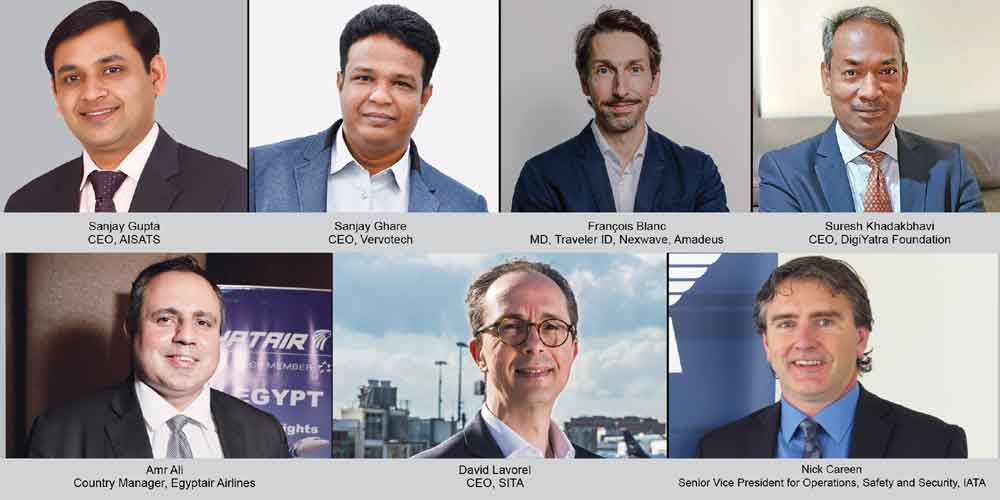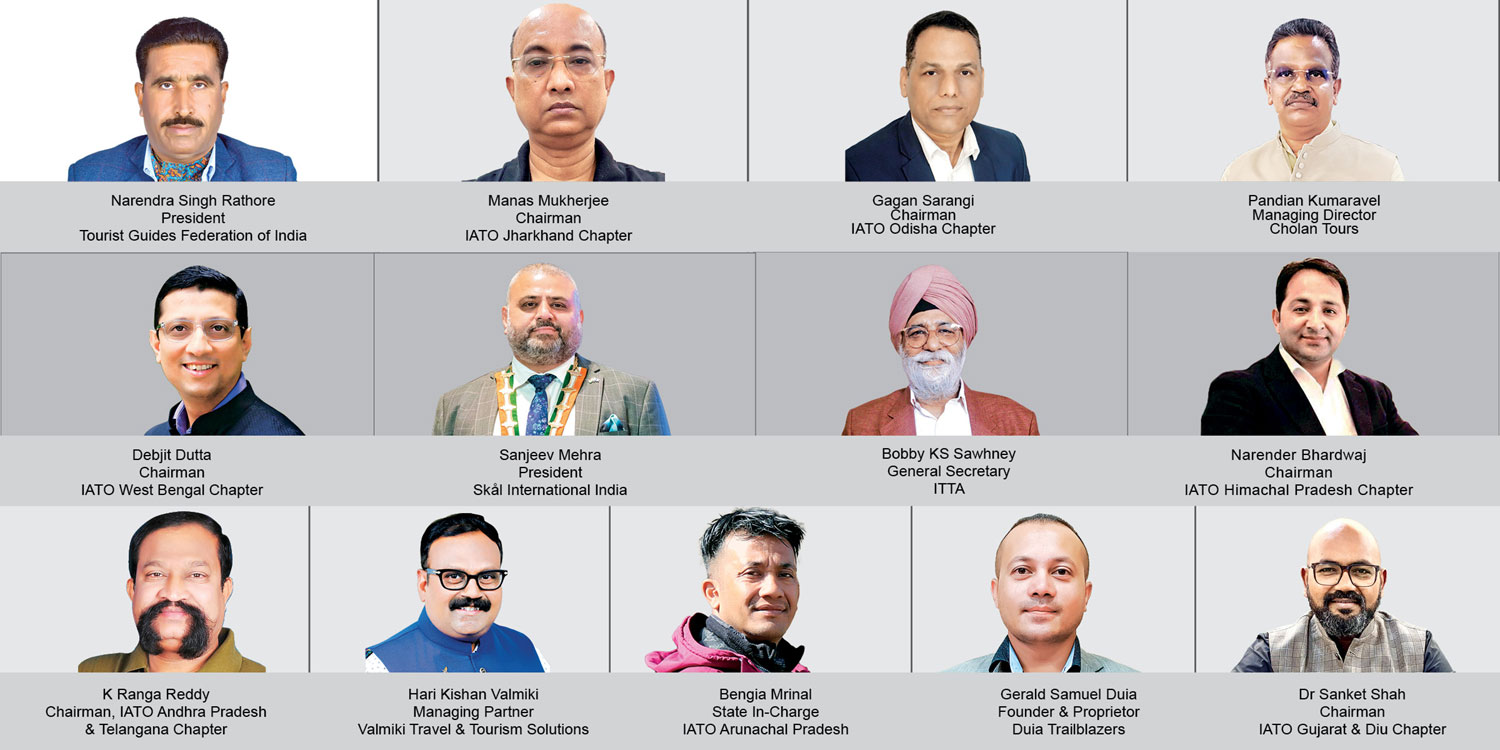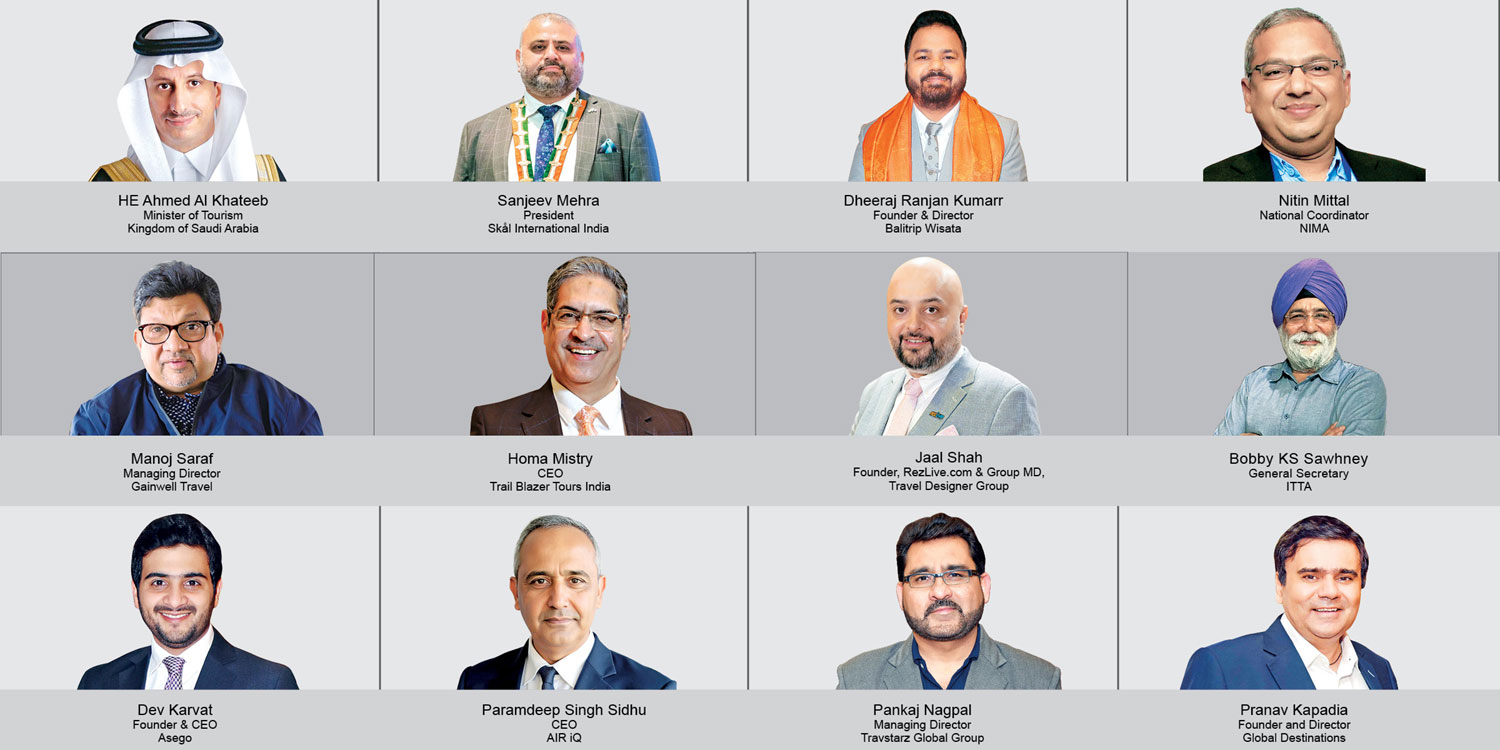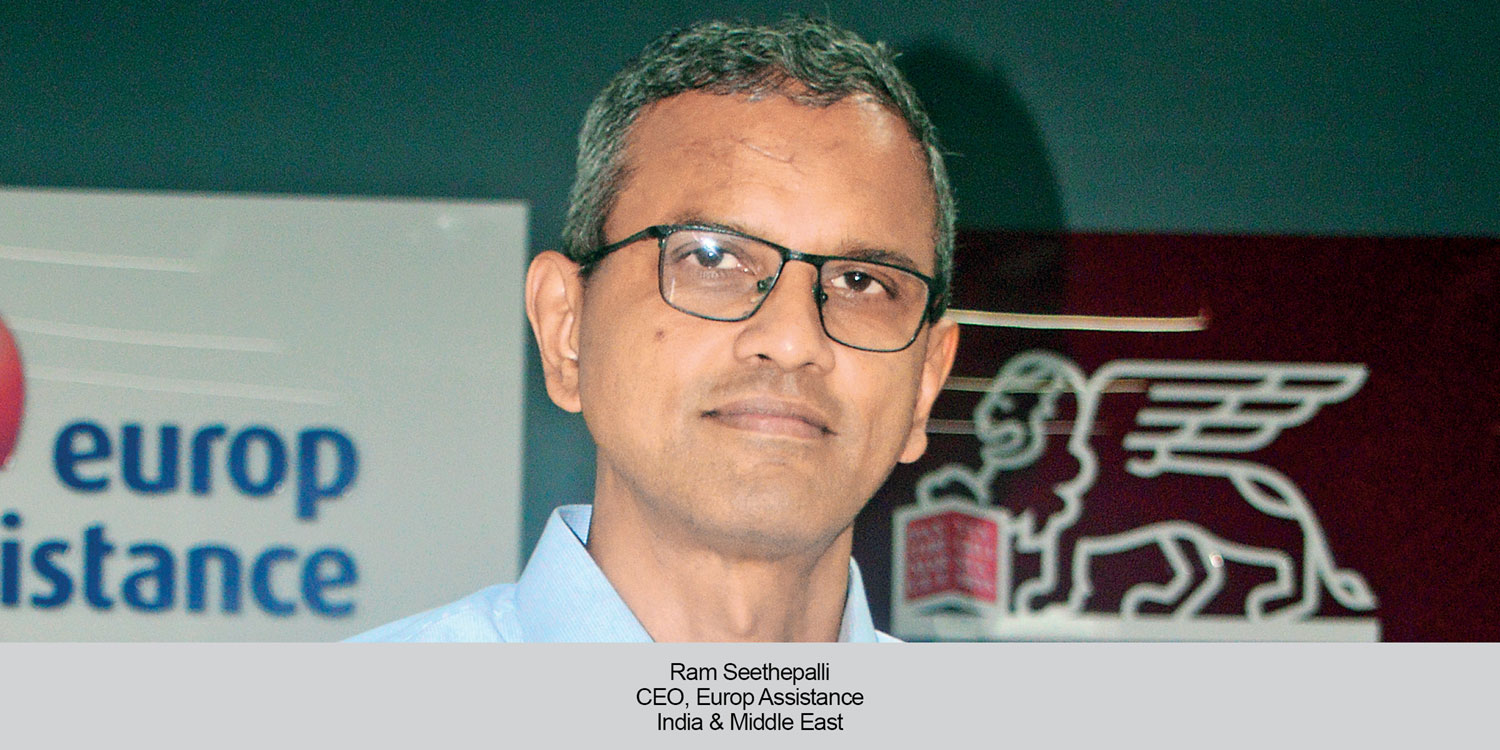While digital ID options for air travellers have already been rolled out by several global airlines, the adoption among Indian carriers is still in its early stages. However, steps are being taken in this direction.
Hazel Jain
Convenience and speed are the top priorities for passengers and digital identity (ID)and biometric technology can be the key enablers. Passengers want technology to work harder, so that they spend less time ‘being processed’, standing in queues. And they are willing to share biometric data for this. But there needs to be more cooperation across the value chain and with governments to make it happen with secure technology that is available today.
Sanjay Ghare, CEO, Vervotech, says that airlines are now consistently investing in digital ID tools. “The intent to experiment is at an all-time high. Some carriers are exploring facial recognition for boarding, while others are trailing digital ID wallets. There are some interesting examples which can potentially have mass adoption.”
Sharing some instances, he says that biometric boarding is being used where in facial recognition and fingerprint scanning are being piloted for a smoother and faster boarding experience. This could eliminate the need for physical boarding passes in the future.
Other examples include predictive maintenance where airlines are using sensors and data analytics to monitor aircraft health and predict potential maintenance issues. This proactive approach can prevent delays and ensure safer flights.
Then, of course, there is robotic baggage handling at airports that are increasingly deploying robotic systems to automate baggage handling, which can improve efficiency and reduce the risk of lost luggage. “Widespread adoption may still be a bit far, but we will witness these technologies at work sooner than later.” Ghare adds.
Amr Ali, Country Manager, Egyptair Airlines, also agrees that the aviation industry as a whole is experiencing new trends and procedures every day to enhance the travelling experience of customers. “Now, technology is playing a central role in industry. One can make all sorts of reservations and payments while sitting at home. Even airports have self-kiosks, which provide ‘self-yourself service’ to the travellers adding convenience in the boarding process, and in handling luggage. After pandemic, we aim to minimise human intervention in the whole procedure. Also, we try to use the most modern aircraft like Airbus A320neo with the latest facilities. Moreover, we provide inflight Wi-Fi services to our customers, which is extremely important for business travellers. Overall, the industry has been developing at an equal pace, along with the technological developments,” he adds.
Privacy must be respected
Since airlines operate globally, airlines must comply with various privacy laws and regulations across jurisdictions. IATA’s One ID standards put privacy as the highest priority and set out the following principles to protect privacy:
- Passengers own and control their data. They provide informed consent to share their digital identity data that is required to travel.
- Airlines and airports should request only the minimum data required.
- Passengers can opt in to share in advance digital identity information and/ or have a biometric-enabled end-to-end digital experience.
- Passengers must have the ability to opt out at any stage of any One ID biometric processing and can choose manual processing.
An exciting era for air travel
Speaking about how SITA leads the world in passenger self-service solutions at the airport, David Lavorel, CEO, SITA, says, “By combining our solutions and expertise we will take the passenger journey, and the operations around it, to a dimension of efficiency never seen before. Airports and airlines will get the most innovative passenger handling solutions available. Passengers all over the world can look forward to a new horizon in smooth, seamless, and contactless travel. We are on a powerful transformation path. This acquisition fits perfectly with our growth strategy. We wanted to take a bold step towards transforming the future of travel, and we have done it.”
Meanwhile, International Air Transport Association (IATA) also sees an appetite for Digital IDs. According to a survey it had conducted in 2023, travellers prioritise speed and convenience and are increasingly embracing biometrics and off-airport processes to deliver it.
IATA also successfully tested the first fully integrated digital identity travel experience, from shopping for flights to arrival, on a journey from London Heathrow (LHR) to Rome Fiumicino (FCO) with British Airways.
Nick Careen, Senior Vice President for Operations, Safety and Security, IATA, says, “Passengers have made it clear: They want to spend less time booking and move through the airport faster. And they are increasingly willing to use biometric data to complete more pre-departure tasks off airport to achieve this. Convenience and speed are the top priority for passengers and we think digital ID and biometric technology can be the key enablers.”
India’s DigiYatra a success
Indian airlines that have partnered with DigiYatra for enabling digital ID travel experience include Air India, SpiceJet, IndiGo, and Vistara. Sanjay Gupta, CEO, AISATS, says, “While full-scale adoption is still some time away, various Indian airlines along with aviation authorities, seem keen on implementing digital ID systems to enhance security, reduce hassles, and provide a modern, seamless experience for air travellers. This is despite challenges such as developing a standardised system, addressing privacy concerns, and creating the required infrastructure across all passenger touchpoints at airports.”
To this, Suresh Khadakbhavi, CEO of DigiYatra Foundation, adds, “Digi Yatra has revolutionised the air travel experience in India. It has seen impressive adoption and expansion over the last year, with more than 20 million users. Currently rolled out in 14 airports, DigiYatra is set to be introduced in another 14 airports next month. Our focus is now expanding to international travel, starting with prototype testing on E-passport based enrollment, expected next month.”
Agnostic technology
Internationally, Travel Ready by Traveler ID is an ambitious plan of Amadeus to simplify flying experience. It alows travel companies to automate and digitize passport verification processes at check-in. François Blanc, MD, Traveler ID, Nexwave, Amadeus, explains, “Amadeus Travel Ready currently verifies digitised documents such as passports, visas, and other documents before travellers reach the airport. It provides the means to automate travellers’ identification and document verification, at any checkpoint. Air Europa announced using the solution to verify passports for its international travellers. In the coming months, Amadeus will provide the possibility to implement additional functionalities, facilitating the biometric ID processes at the airport via travel companies’ mobile apps.”
Amadeus is agnostic in the roll-out of this technology, which will work whatever local airport biometric provides. For example, it has deployed technology with a partner at Narita Airport where passengers can check-in at one of several biometric kiosks where their facial image is captured and verified against their passport. Once this is done, passengers do not need to show any physical documents from bag drop till security and boarding.
 TravTalk India Online Magazine
TravTalk India Online Magazine





